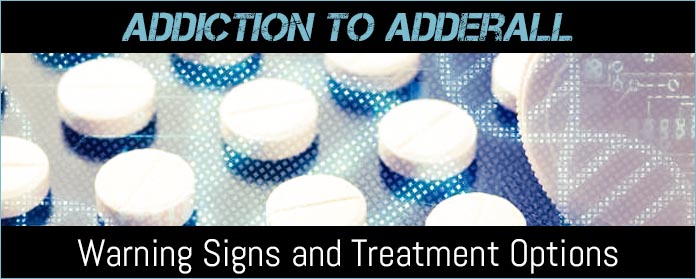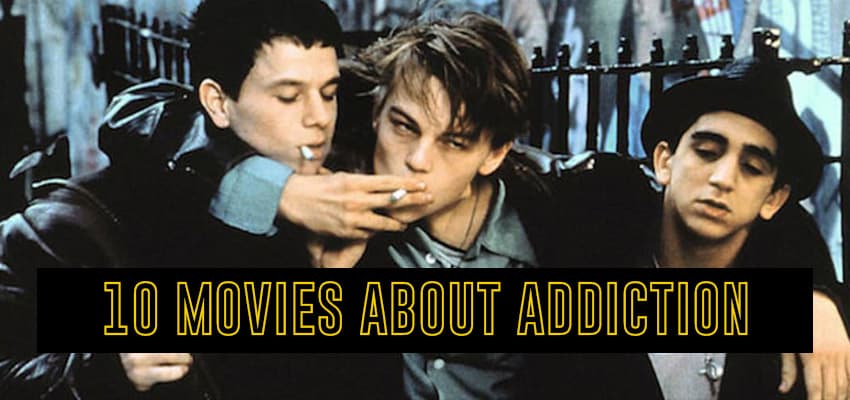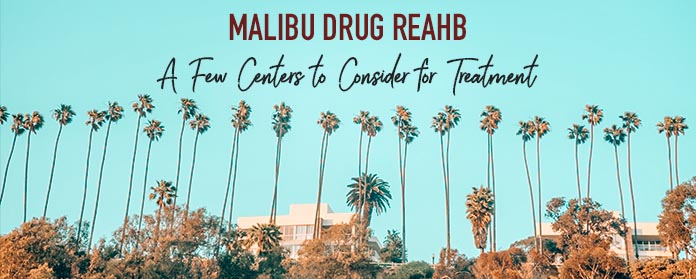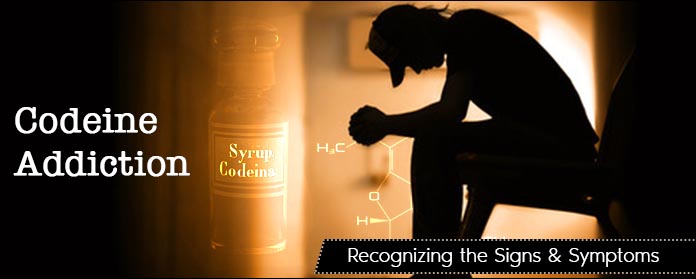[toc]
Primarily designated for children and adults who have been diagnosed with Attention Deficit Hyperactivity Disorder (ADHD) or Attention Deficit Disorder (ADD), Adderall is a helpful drug that can help people whose attention strays.
This stimulant is frequently prescribed by doctors to help people focus and stay on task.
Unfortunately, due to its stimulating effects, there are plenty of instances where addiction to Adderall can become a serious problem. Below are some warning signs that you or someone you know may be addicted to its affects and what you can do to get help.
How Adderall Works
Long given to people with Attention Deficit Disorder, Adderall works by triggering the release of dopamine and other neuroreceptors in the brain. This results in feelings of well-being and euphoria, which can explain why it has such a high probability of addiction in some people.
Since the drug is a stimulant, it helps people feel more alert and focused. These feelings often result in better productivity, heightened mood, and an overall feeling of accomplishment.
And while Adderall is made for those who have been diagnosed with ADHD, some doctors prescribe it without performing a proper series of tests. The result is that many patients who did not need it originally end up using it for a long period of time and become addicted to it.
Signs of Addiction to Adderall
For those who really need Adderall to function, there will be little to no adverse signs or side effects that might cause a problem. People who need the drug can often live a normal life without experiencing any issues.
On the other hand, those who are addicted to Adderall will display a wide variety of signs and symptoms that there is more than just a need for the drug in order to cope with ADD or ADHD.
Some signs of addiction to Adderall include:
- An Overwhelming Desire to Work – Even if you’ve finished daily tasks, you feel an unending need to continue working. This drive seems relentless and you may sacrifice sleep and a healthy diet as a result. This yearning to work hard all the time may be a sign of misuse or abuse.
- Feelings of Worry or Anxiety – A typical Adderall user who actually needs the medication to thrive will feel a sense of calm and normalcy. For those who abuse it, they may seem jittery, nervous, and have an overall uneasy feeling.
- Talking Too Much or Hyperactive Behavior – Since Adderall is a stimulant, it might cause you to want to talk a lot or be more active. If this is happening on a regular basis and you can’t seem to calm down or slow down, there could be a serious underlying issue.
- Insomnia – Most stimulants will make it difficult to fall asleep, or worse, stay asleep. Heavy Adderall users often experience a consistent lack of sleep and are forced to take another pill just to stay awake and alert the following day. This can cause a serious spiral of little to no sleep, which is definitely bad for the human body and mind.
How Does Adderall Abuse Happen?
Whether you’ve been prescribed Adderall, or you’re getting it from another source, abuse is possible for anyone. Some of the ways people abuse Adderall include buying the drug illegally either on the Dark Web or from someone they know with a legal prescription.
People who are crushing Adderall and snorting it instead of swallowing it like a regular pill should be aware that this is a serious red flag that it is being misused. Other ways people abuse Adderall include taking a higher dosage than prescribed or popping several pills throughout the day.
For those who find themselves using Adderall for more than just staying focused, or need it to “party” or stay awake for a long period of time, it’s most likely a sign that they are abusing the medication.
Taking too much Adderall can result in a wide range of side effects like heart palpitations, dry mouth, insomnia, and excessive fatigue. Nobody should ever mix Adderall with alcohol or other drugs, particularly Xanax and other anxiety medications.
If you’re taking Adderall and begin to feel uneasy or like something is wrong, trust your body and reduce the dosage as much as possible until you can get help. Going cold turkey is not recommended as you could experience more severe withdrawal effects. Only stop taking Adderall as directed by the doctor who prescribed it. If you are using it without a prescription or without the guidance of a doctor, it’s important to reduce the dosage until you completely ween yourself off of it slowly.
Getting Help for Adderall Addiction
Just like any other drug, there are ways you can get help for your Adderall addiction. If you’re not prescribed the medication, stop buying it or taking it when it’s offered.
Talk to a local drug rehabilitation center who can help direct you toward the counseling and therapy you need to stay clean. It really helps to be able to talk to others who are dealing with something similar, so consider group therapy to help you work through the recovery process.
Fortunately, the withdrawal symptoms of Adderall addiction are mild. They may include temporary sleeplessness, a feeling of low energy, or depression. In most cases, these side effects subside over time.
Check with your local rehab facility to find out what their requirements are and if you have any outpatient options. Ask them what various treatments they offer so you can choose the method that will work best for your needs.
What You Can Do
If you know someone who is coping with addiction to Adderall, refer them to a rehabilitation center or drug program. Arm yourself with plenty of knowledge about the drug so you can share what you’ve learned.
In most cases, you can rid yourself of an Adderall addiction with a little bit of determination and professional help to guide you along the path to sobriety.
For more information about addiction including alcohol abuse,treatment options, and other resources, please use our website as a starting point and visit other websites we reference.






